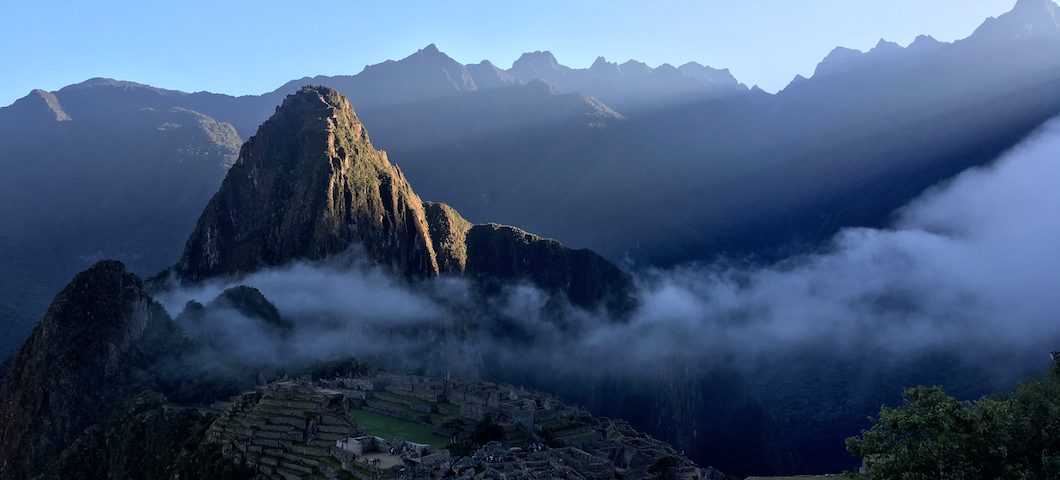EGEN 310 trip to Peru in 2016
As part of earning their International Engineering Certificates, Annika Oetken and Zach Harvey ventured to Peru with more than 20 other MSU students in the EGEN 310 multidisciplinary engineering summer course in 2016.
“I didn’t know what to expect, other than we would be designing and fabricating a water filtration system while learning Spanish language and culture,” Harvey said. “I didn’t realize things such as simple communication, material availability and client acceptance would play fundamental roles in the day-to-day engineering experience.”
After landing in the capital city of Lima, the students in the six-week, faculty-led trip plunged into their task: creating a more efficient, environmentally friendly and portable water-filtration device for the local hiking guides in the Andes Mountains.
They met with local engineers to learn about the strain on the limited water resource, much of which is polluted. “It opened my eyes to see how extremely valuable water is,” Oetken said. They also carved out time to experience the city, sample the cuisine and surf the local breaks.
From there, the students headed to the city of Cusco at 11,000 feet, where they stayed with host families while continuing to work together on the design and fabrication of the water-purification system. That involved tracking down carbon filters and other materials while working with local machinists to create custom parts.
“Engineering processes themselves provided somewhat of a universal language,” Harvey said.
They completed the device in time to test it on a five-day group trek with local guides to the ancient Incan settlement of Machu Picchu, high in the Andes.
“At the end of the trip, we gifted the guide the purification device,” Oetken said. “Since then we have heard they have it stationed at their first camp.”
“My time spent in Peru was a catalyst for the realization that engineering is more than math problems, that it is a solution to world problems,” she said. “I will cherish the memories and experiences I had in Peru.”

